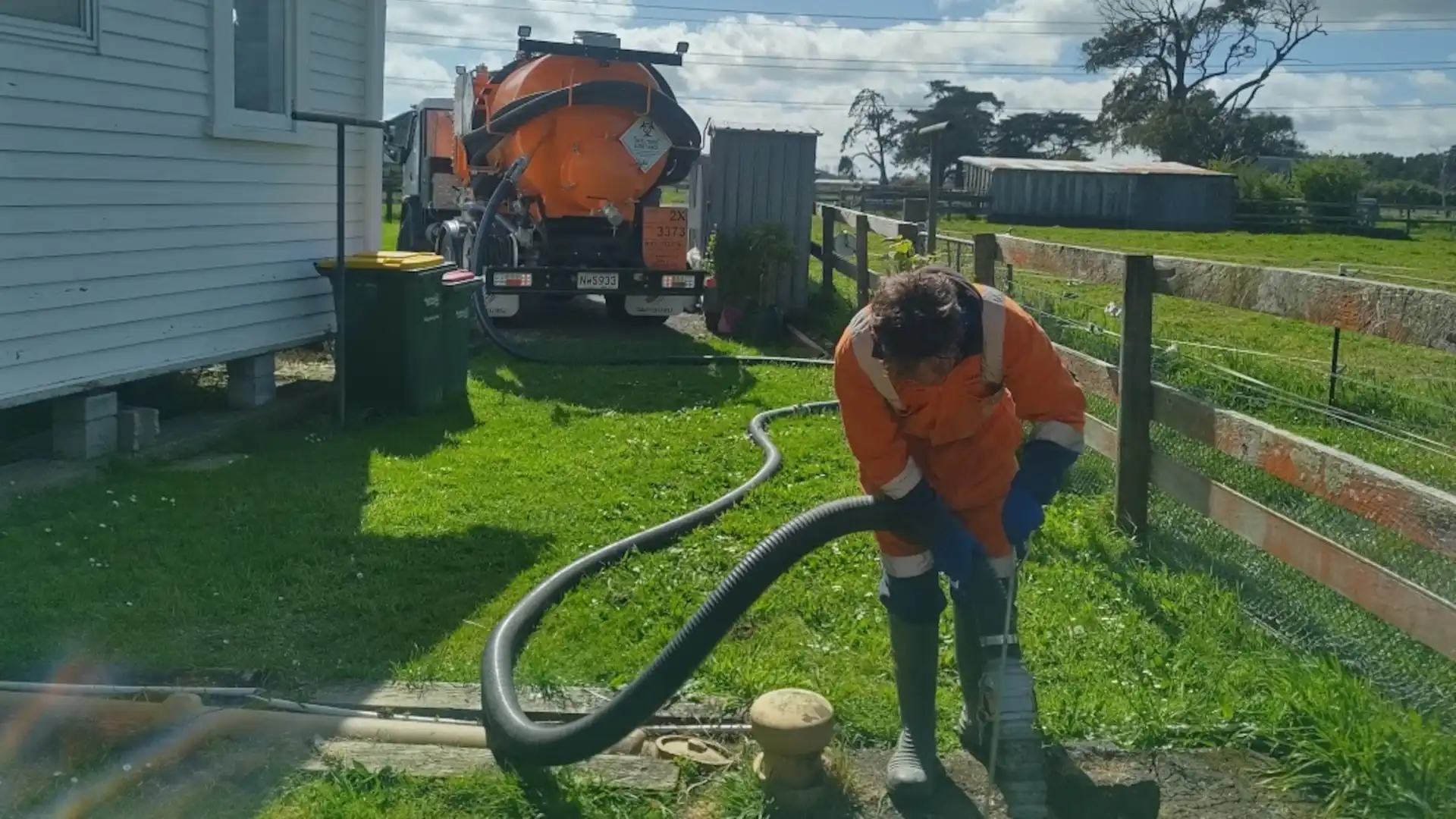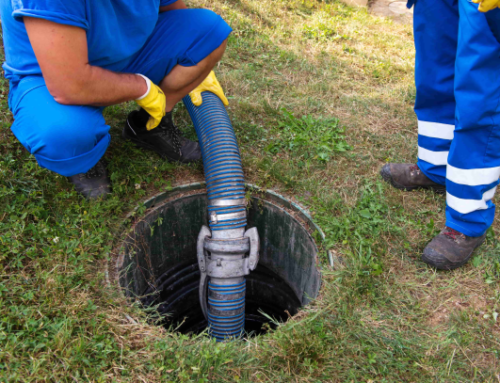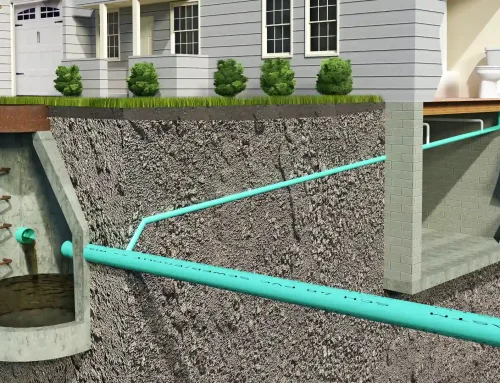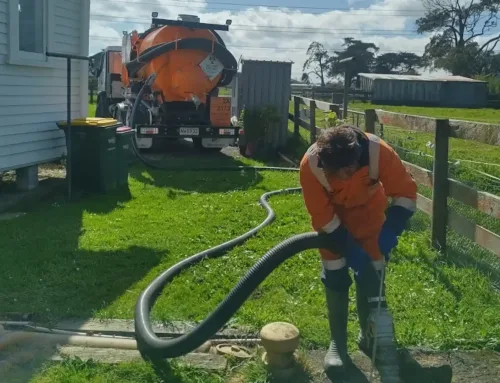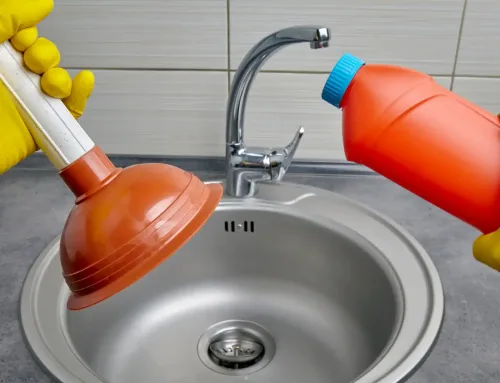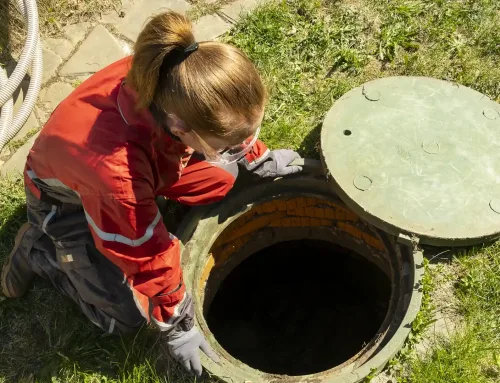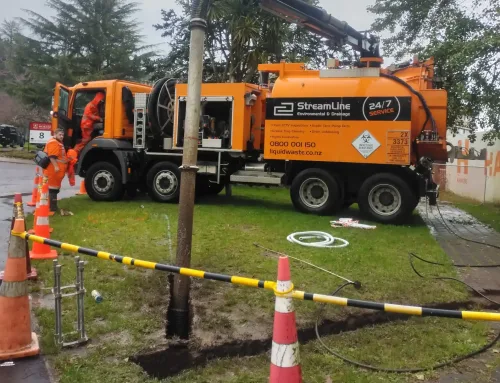Septic tanks, while often overlooked, play a crucial role in maintaining the health and function of your property. Regular cleaning is essential to prevent problems that can lead to costly repairs and environmental damage.
-
Understanding Septic Tanks:
A Septic tank works by taking raw waste water from your kitchen, bathroom and laundry. Once this raw waste water is inside the tank the solids separate from the liquid. Light solids such as toilet paper and soap suds float to the top and form a layer of crust. This layer of crust thickens over time until the septic tank is cleaned. The heavier solids sink to the bottom of the tank, where they are decomposed by bacteria. Some non decomposed solids will remain on the bottom of the tank as a form of sludge. The waste water that sits in the middle between this top and bottom layer then goes to a field drain where it soaks into the ground. A Field drain is a an underground pipeline consisting of perforated pipes or tiles and is connected to the septic tank. This network of pipes is usually laid in trenches full of drainage metal. The waste water flows out of the septic tank and is evenly distributed into the ground through the perforated pipes and drainage metal. Having your septic tank cleaned is like getting your car serviced. By having your septic tank cleaned properly, it will extend the life and the efficiency of the septic tank.
-
Signs of a Clogged Septic Tank
If you notice a bad smell, toilets where the water is slow to get away, water logged soil around your septic tank, gullies around your house have a high water level or are overflowing.
-
The Consequences of Neglect
The issues can be overflowing raw sewage around your septic tank or house, with unpleasant smells and sights. This can lead to solids getting pushed into your field drain, reducing the field drains capacity to drain away waste water.
-
The Benefits of Regular Cleaning
If you can achieve a regular clean out of your septic tank, it will mean that you can enjoy a long life of your septic tank and field drain. You are less likely to have blockages and overflows. Your are less likely to have to replace your septic tank and field drain. We recommend you have your Septic tank cleaned every 3 to 5 years depending on how much you use your septic tank.
Conclusion Regular septic tank cleaning is a proactive step towards maintaining a healthy and functional property. By understanding the importance of this task and addressing signs of trouble early on, you can avoid costly repairs and protect your investment. Contact us to book in your septic tank clean today.
